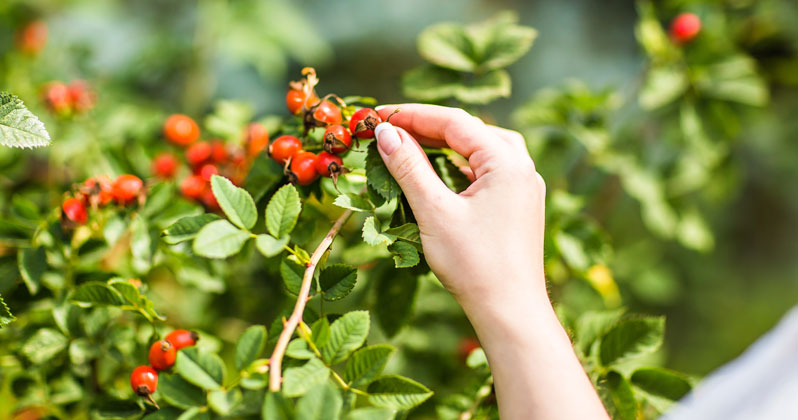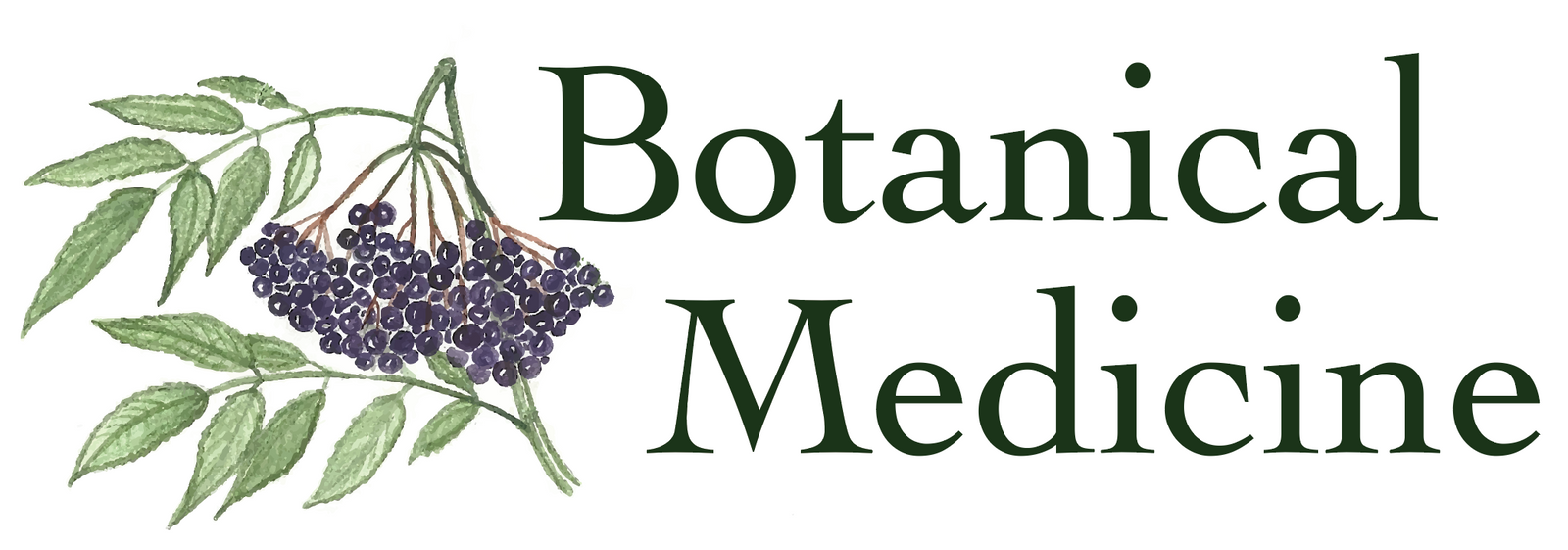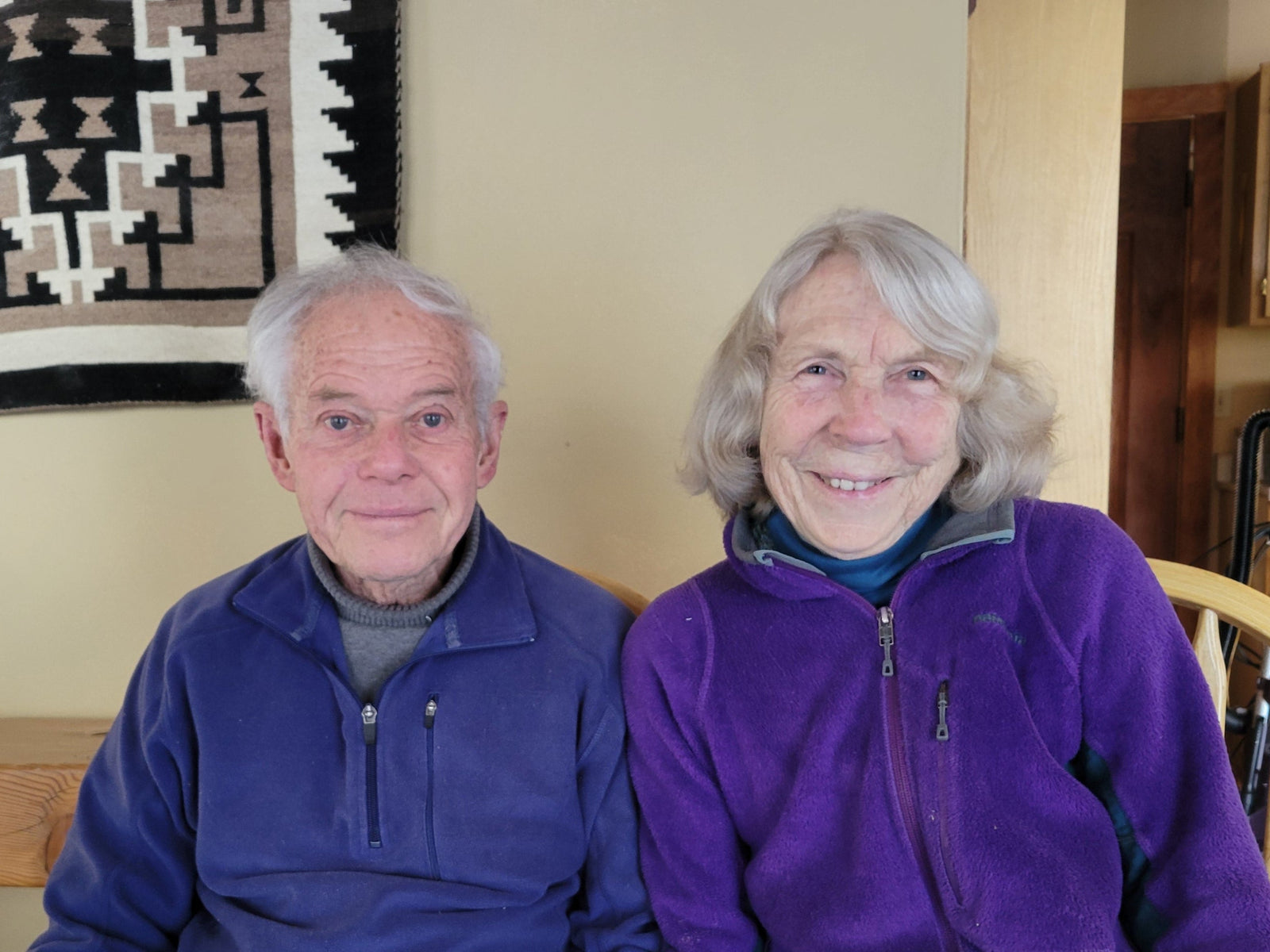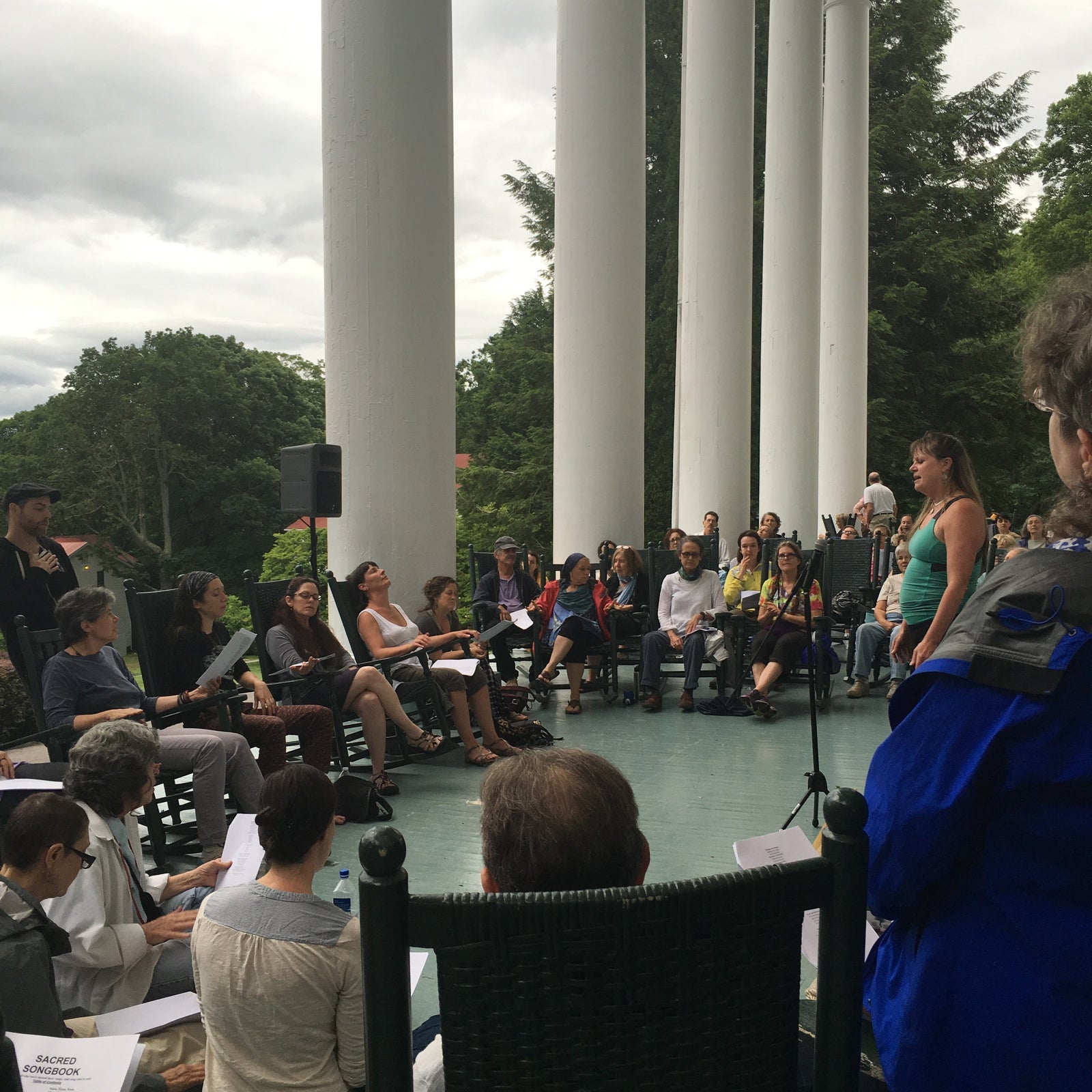
This article is a part 2 to expand on additional interventions in mast cell regulation. If you didn’t read the original article, Mast Cell Activation Syndrome & Histamine Intolerance: An Herbal Approach discusses different types of mast cell activation syndromes and histamine-related issues. Furthermore, this discussion relates to Mast Cell Activation Syndrome (MCAS) and histamine-related symptoms and not mastocytosis. For ease of use, the term “mast cell issues” is used to relate to these conditions throughout the article.
The Mighty Mast Cell
When working with patients that have mast cell issues, I always remind them that mast cells have a purpose and unique role in our bodies; this includes all their contents, like the well-known histamine molecules that cause a whole host of symptoms ranging from itching, hives, watery eyes, to blood pressure drops, wheezing, and even anaphylaxis. The reason being, first we must remember that these immune cells are part of our body. And, in many instances where people were formerly healthy and then developed mast cell issues, the path toward healing is “retraining” the immune system and nervous system back to optimal health as these systems fundamentally impact mast cell response.
The mast cell is a type of white blood cell, an immune cell. It’s involved in both the innate and adaptive immune system, understandably, the body has well placed mast cells throughout all major organ systems for this purpose. These cells are ready to respond and react to protect at any given moment with any given trigger.
There are a variety of triggers (see Figure 1) that cause the mast cell to break open and release its contents. Essentially, it’s the mast cell releasing a pharmacy of chemical messengers to “send for help” to the rest of the body. Common triggers include dust and pollen which cause seasonal allergy symptoms like rhinitis, itchy and watery eyes, and even respiratory symptoms like chest tightness, shortness of breath, and wheezing. When the mast cell is exposed to a trigger (eg pollen), it breaks open releasing its contents, and then the body experiences the effects.
The goal is to manipulate this response and retrain overly sensitive mast cells, instead of reliance on immune suppression. While immune suppression (e.g. steroids/prednisone) is needed in some instances, long-term use does not foster a shift in immunologic tolerance and can often lead to dependence.
Below I discuss mast cell stabilizers and ways of minimizing triggers to promote immune tolerance. Not discussed, but worth noting, is the need to address any underlying issues with the Hypothalamic-Pituitary-Adrenal (HPA) axis as this plays a huge role in immune reactivity and is important to address in conjunction with mast cell supports.
Mast Cell Stabilizers
There are numerous bioflavonoids that are mast cell stabilizers, the most effective include luteolin, quercetin, and hesperidin.

Luteolin
Dr. Theoharis Theoharides of the Molecular Immunology & Drug Discovery Laboratory has done extensive research on mast cells and neuroinflammation. Luteolin in particular has been repeatedly shown to reduce signs of neuroinflammation in various conditions including mast cell release and even neurologic disease like Multiple Sclerosis (MS)1,2. It’s also been shown helpful in reducing mast cell induced T cell activation which can drive autoimmune activity and inflammation3-6. Additionally, as it helps reduce neuroinflammation, new research has shown it helpful in reducing feelings of depression7. Depression is a common symptom reported by patients with mast cell issues.
Luteolin is found in celery, carrots, broccoli, onion leaves, peppers, parsley, cabbages, apple skins, and chrysanthemum flowers. Chamomile (Matricaria chamomilla) even contains luteolin and quercetin.8-11
Dosing for luteolin varies, but typical adult dosing ranges from 200-600 mg per day in divided doses.

Quercetin
Another potent bioflavonoid has similar actions to luteolin. It’s been shown to help inhibit mast cell release as well as stabilize the membrane of the mast cell. Greater membrane stability decreases excitability and subsequent release, improving overall tolerance. Much like luteoloin, research shows quercetin helpful in reducing neuroinflammation and reducing allergic symptoms like seasonalallergies. Quercetin was shown to inhibit histamine, IL-6, IL-8, TNF-α and tryptase release from human mast cells.12-16
Onions, grapes, berries, cherries, and citrus fruits are rich in quercetin17. You’ll commonly find bioflavanoid supplements derived from citrus fruits. Rose hip (Rosa canina L.), contains high amounts of quercetin as well. It’s been concentrated in research studies and used to treat melanogenesis in animal models16. Easiest way to utilize a botanical form would be flavonoid derivatives or rose hip solid extract. Combination products of rose hip and bilberry (Vaccinium myrtillus) would be preferred.
Dosing of quercetin ranges from 1000-2000mg per day in adults.
Hesperidin
Much like quercetin and luteolin, hesperidin has been well researched to show its anti-allergic effects. Furthermore, it’s been shown to inhibit inflammatory cytokines like IL-1beta, IL-8, and TNF alpha which helps reduce the immune cascade triggering mast cell reactivity. It’s also been shown to inhibit mast cell proliferation.18-20 And, lastly, it’s immuno-regulatory effects have even been studied against SARS-CoV-2 as hesperidin derived from orange, Citrus sinensis, has been shown to bind the “spike” protein and other proteins that are used in the viral replication process.21 Hesperidin is powerful!
Dosing ranges from 100-500mg per day in adults.
For my most sensitive patients I start with single dosing of all botanicals and nutraceuticals and build up to therapeutic levels. This process can range from days to weeks depending on patient sensitivity. Once therapeutic levels are reached I often see drastic improvement in symptoms and ability to start working on underlying causes and expanding diets. From here, I sometimes switch to products that combine all these flavonoids in addition to curcumin (Curcuma longa) and frankincense (Boswellia spp).
Pharmaceuticals
I’d be remiss if I did not also include mention of pharmaceuticals in mast cell regulation. While my focus is to utilize the most natural therapies first, there is always a time and place for pharmaceutical intervention. I do prescribe and utilize various medications when necessary to help patients reach stability and comfort while continuing to treat the root causes.
Monteleukast is a very well tolerated medication that acts as a leukotriene inhibitor which acts to help inhibit mast cell degranulation.22 It’s long been used in asthma and even safe in children. Ketotifen is a non-competitive histamine antagonist and mast cell stabilizer which is often well tolerated by most mast cell patients, however, often requires a slow increase to therapeutic dosing and I’ve seen some patients develop a tolerance. Chromolyn sodium is also well tolerated and I’ve found it the most helpful in patients with GI (gastrointestinal) related histamine issues like food intolerance, GI upset & distress after eating, diarrhea, and IBS-like symptoms. It comes in liquid form and is relatively easy to titrate.
OTC antihistamines are also commonly used and well tolerated as well as the aforementioned use of oral steroids during acute flares.
Minimizing Trigger Reactivity & Improving Tolerance
There are various mast cell triggers. Below is a table from The Mast Cell Disease Society.
Figure 1. Some Potential Mast Cell Triggers (source: The Mast Cell Disease Society)23
- Heat, cold or sudden temperature changes
- Stress: emotional, physical, including pain, or environmental (i.e., weather changes, pollution, pollen, pet dander, etc.)
- Exercise
- Fatigue
- Food or beverages, including alcohol
- Drugs (opioids, NSAIDs, antibiotics and some local anesthetics) and contrast dyes
- Natural odors, chemical odors, perfumes and scents
- Venoms (bee, wasp, mixed vespids, spiders, fire ants, jelly fish, snakes, biting insects, such as flies, mosquitos and fleas, etc.)
- Infections (viral, bacterial or fungal)
- Mechanical irritation, friction, vibration
- Sun/sunlight
Clearly, some of these triggers can lead to greater immune reactivity than others; every patient responds differently.
In the early stages of mast cell issues, a main focus is minimization of potential triggers while improving mast cell stabilization and overall immune modulation. As the latter is optimized, patients become less reactive overall when exposed to their triggers. And, in many cases, cease reacting to previous triggers like scents/odors, food, stress, etc.
Simple environmental interventions like utilizing HEPA air filters, regular clothes washing, and minimization of poor quality household products can all be implemented at home. Changing clothes after running errands or coming home from work is an easy way to minimize bringing in environmental toxins into the home (e.g. pollen in seasonal allergies).

The Environmental Working Group has a resource called Skin Deep that allows you to rate your household products for toxicity levels. Even non-mast cell reactive patients can be impacted by toxic household products! What happens in mast cell issues is tolerance for all triggers has been reduced. I often refer to this as the “rain barrel” effect. As more and more triggers fill up the rain barrel over time, eventually it gets so full it overflows. This is what finally triggers immune dysregulation and subsequently overly sensitive mast cells. They falsely learn that everything in the environment is unsafe, with the initial goal of protecting you, but really they’ve just gotten terribly confused.
Evaluation of the home for mold and “sick building syndrome” is also imperative. Mold and other indoor allergens can be common triggers and obstacles to healing if the patient remains in the home keeping them sick!
In addition to avoidance, I also strongly encourage work on the limbic system which helps improve tolerance and address the neuro-immune relationship. The Dynamic Neural Retraining System and meditation24 are two of my most commonly recommended resources. Bio-feedback is another excellent resource that can be used to help reduce stress responses that relate to mast cell degranulation.
In summation, there are numerous tools to help stabilize mast cells and modulate the immune system. The mast cells are mighty and adaptable and practitioners can utilize a wide array of supplements, medications, and lifestyle modifications to help retrain and modulate the immune system for better patient outcomes. Patients can heal! Focus on all aspects of their health and work toward therapeutic dosing of supportive supplements.
Note: The information on this site is provided as a research resource for health professionals and is not intended to replace diagnosis and treatment by a qualified health care practitioner. Consult your medical care provider before using any herbal medicine.
Meet Our Contributor:
Dr. Allison Williams is a naturopathic doctor practicing at her clinic in Mesa, AZ and also an adjunct professor at GCU and CCC. She is passionate about bringing back the ‘old school family doctor’ with patient-centered care. Her practice combines her knowledge of conventional and alternative therapies. And, of course, she loves the power of plant medicine! You can find her online at drallisonwilliams.com.
Resources
-
- Theoharides et al.Brain “fog,” inflammation and obesity: key aspects of neuropsychiatric disorders improved by luteolin. Frontiers in Neuroscience. 2015; Vol 9:225. DOI=10.3389/fnins.2015.00225
- Theoharides TC, Kempuraj D, Iliopoulou BP. Mast cells, T cells, and inhibition by luteolin: implications for the pathogenesis and treatment of multiple sclerosis. Adv Exp Med Biol. 2007;601:423-30. doi: 10.1007/978-0-387-72005-0_45. PMID: 17713031.
- Weng et al.The novel flavone tetramethoxyluteolin is a potent inhibitor of human mast cells. Mechanisms of Allergy and Clinical Immunology. 2015.VOLUME 135, ISSUE 4, P1044-1052.E5. DOI:https://doi.org/10.1016/j.jaci.2014.10.032
- Kempuraj D, Thangavel R, Kempuraj DD, Ahmed ME, Selvakumar GP, Raikwar SP, Zaheer SA, Iyer SS, Govindarajan R, Chandrasekaran PN, Zaheer A. Neuroprotective effects of flavone luteolin in neuroinflammation and neurotrauma. Biofactors. 2021 Mar;47(2):190-197. doi: 10.1002/biof.1687. Epub 2020 Oct 24. PMID: 33098588.
- Kritas SK, Saggini A, Varvara G, Murmura G, Caraffa A, Antinolfi P, Toniato E, Pantalone A, Neri G, Frydas S, Rosati M, Tei M, Speziali A, Saggini R, Pandolfi F, Cerulli G, Theoharides TC, Conti P. Luteolin inhibits mast cell-mediated allergic inflammation. J Biol Regul Homeost Agents. 2013 Oct-Dec;27(4):955-9. PMID: 24382176.
- Kritas SK, Saggini A, Varvara G, Murmura G, Caraffa A, Antinolfi P, Toniato E, Pantalone A, Neri G, Frydas S, Rosati M, Tei M, Speziali A, Saggini R, Pandolfi F, Cerulli G, Theoharides TC, Conti P. Luteolin inhibits mast cell-mediated allergic inflammation. J Biol Regul Homeost Agents. 2013 Oct-Dec;27(4):955-9. PMID: 24382176.
- Shen, ML., Wang, CH., Chen, RT.et al. Luteolin inhibits GABAA receptors in HEK cells and brain slices.Sci Rep 6, 27695 (2016). https://doi.org/10.1038/srep27695
- Lin Y, Shi R, Wang X, Shen HM. Luteolin, a flavonoid with potential for cancer prevention and therapy.Curr Cancer Drug Targets. 2008;8(7):634-646. doi:10.2174/156800908786241050
- USDA/Agricultural Research Service. "Luteolin stars in study of healthful plant compounds." ScienceDaily. ScienceDaily, 16 July 2010. <www.sciencedaily.com/releases/2010/07/100708141622.htm>.
- Flavonoid (Myricetin, Quercetin, Kaempferol, Luteolin, and Apigenin) Content of Edible Tropical Plants
Koo Hui Miean and Suhaila Mohamed
Journal of Agricultural and Food Chemistry 200149 (6), 3106-3112
DOI: 10.1021/jf000892m - Tsuyoshi Sugiyama, Kiichiro Kawaguchi, Hideki Dobashi, Ryo Miyake, Masahiro Kaneko, Yoshio Kumazawa, Quercetin but not luteolin suppresses the induction of lethal shock upon infection of mice withSalmonella typhimurium,FEMS Immunology & Medical Microbiology, Volume 53, Issue 3, August 2008, Pages 306–313, https://doi.org/10.1111/j.1574-695X.2008.00398.
- Li Y, Yao J, Han C, et al. Quercetin, Inflammation and Immunity.Nutrients. 2016;8(3):167. Published 2016 Mar 15. doi:10.3390/nu8030167
- Weng Z, Zhang B, Asadi S, Sismanopoulos N, Butcher A, Fu X, Katsarou-Katsari A, Antoniou C, Theoharides TC. Quercetin is more effective than cromolyn in blocking human mast cell cytokine release and inhibits contact dermatitis and photosensitivity in humans. PLoS One. 2012;7(3):e33805. doi: 10.1371/journal.pone.0033805. Epub 2012 Mar 28. PMID: 22470478; PMCID: PMC3314669.
- Shaik Y, Caraffa A, Ronconi G, Lessiani G, Conti P. Impact of polyphenols on mast cells with special emphasis on the effect of quercetin and luteolin.Cent Eur J Immunol. 2018;43(4):476-481. doi:10.5114/ceji.2018.81347
- Jafarinia, M., Sadat Hosseini, M., kasiri, N.et al. Quercetin with the potential effect on allergic diseases.Allergy Asthma Clin Immunol 16, 36 (2020). https://doi.org/10.1186/s13223-020-00434-0
- Fujii T, Saito M. Inhibitory effect of quercetin isolated from rose hip (Rosa canina L.) against melanogenesis by mouse melanoma cells. Biosci Biotechnol Biochem. 2009 Sep;73(9):1989-93. doi: 10.1271/bbb.90181. Epub 2009 Sep 7. PMID: 19734679.
- Anand David AV, Arulmoli R, Parasuraman S. Overviews of Biological Importance of Quercetin: A Bioactive Flavonoid.Pharmacogn Rev. 2016;10(20):84-89. doi:10.4103/0973-7847.194044
- Choi IY, Kim SJ, Jeong HJ, Park SH, Song YS, Lee JH, Kang TH, Park JH, Hwang GS, Lee EJ, Hong SH, Kim HM, Um JY. Hesperidin inhibits expression of hypoxia inducible factor-1 alpha and inflammatory cytokine production from mast cells. Mol Cell Biochem. 2007 Nov;305(1-2):153-61. doi: 10.1007/s11010-007-9539-x. Epub 2007 Jul 13. PMID: 17629775.
- Jeong HJ, Choi Y, Kim KY, Kim MH, Kim HM. C-kit binding properties of hesperidin (a major component of KMP6) as a potential anti-allergic agent.PLoS One. 2011;6(4):e19528. Published 2011 Apr 29. doi:10.1371/journal.pone.0019528
- Alexandrakis et al. Flavones inhibit proliferation and increase mediator content in human leukemic mast cells (HMC-1). European Journal of Haematology. 2003: 71: 448–454.
- Bellavite P, Donzelli A. Hesperidin and SARS-CoV-2: New Light on the Healthy Function of Citrus Fruits.Antioxidants (Basel). 2020;9(8):742. Published 2020 Aug 13. doi:10.3390/antiox9080742
- Cikler E, Ersoy Y, Cetinel S, Ercan F. The leukotriene d4 receptor antagonist, montelukast, inhibits mast cell degranulation in the dermis induced by water avoidance stress. Acta Histochem. 2009;111(2):112-8. doi: 10.1016/j.acthis.2008.04.006. Epub 2008 Jul 9. PMID: 18617226.
- TMS - The Mast Cell Disease Society, Inc. 2021.Symptoms and Triggers of Mast Cell Activation - TMS - The Mast Cell Disease Society, Inc. [online] Available at: <https://tmsforacure.org/symptoms/symptoms-and-triggers-of-mast-cell-activation/> [Accessed 30 July 2021].
- Black DS, Slavich GM. Mindfulness meditation and the immune system: a systematic review of randomized controlled trials. Ann N Y Acad Sci. 2016 Jun;1373(1):13-24. doi: 10.1111/nyas.12998. Epub 2016 Jan 21. PMID: 26799456; PMCID: PMC4940234.




